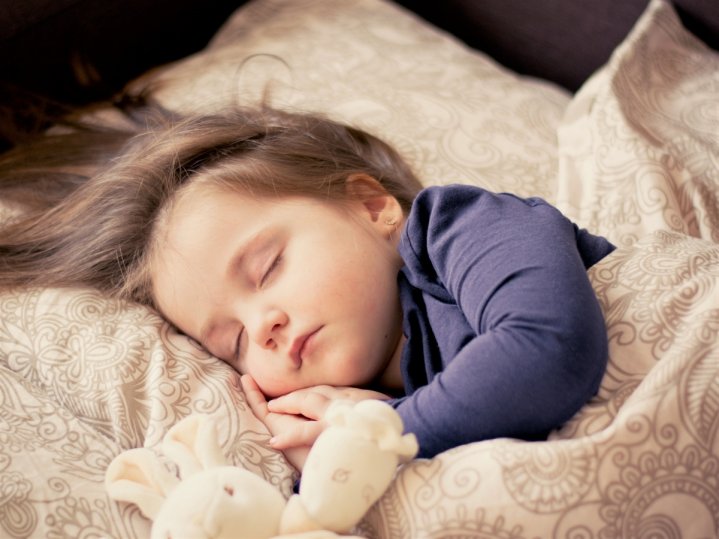
You know all about sleep, isn't it? It's the "chief nourisher in life's feast." So if you've slept all night, you can settle into a more emotionally stable life. If you don't get your quota it might push up the anxiety levels by 30%, warns new research from the University of California, Berkeley.
What kind of sleep can calm you down and reset your worried brain? Deep sleep, or the non-rapid eye movement (NREM) slow-wave sleep. This is the kind of sleep in which neural oscillations get synchronized, bringing down heart rates as well as blood pressure.
"We have identified a new function of deep sleep, one that decreases anxiety overnight by reorganizing connections in the brain," said the study's senior author, Matthew Walker, a UC Berkeley professor of neuroscience and psychology. "Deep sleep seems to be a natural anxiolytic (anxiety inhibitor), so long as we get it each and every night."
Published in the journal Nature Human Behaviour, the study explains one of the strongest neural connections between sleep and anxiety. It also shows that sleep is a natural, non-pharmaceutical panacea for worry and anxiety disorders. These have been detected in 40 million American adults and are shooting up among children and teenagers.
"Our study strongly suggests that insufficient sleep amplifies levels of anxiety and, conversely, that deep sleep helps reduce such stress," said study lead author Eti Ben Simon, a postdoctoral fellow in the Center for Human Sleep Science at UC Berkeley.
Leveraging functional MRI and polysomnography techniques, the scientists enabled the team of researchers to check the brains of 18 youth members, even as they watched emotional, moving video clips following a night of good sleep and then another without it. Their high levels of anxiety were assessed after every session, through a set of questions called the state-trait anxiety inventory.
Scientists found that after a sleepless night, the brain shuts down the medial prefrontal cortex, which usually has a big hand in controlling our anxiety. On the other hand, the brain's deeper emotional points break out into hyperbolic action. "Without sleep, it's almost as if the brain is too heavy on the emotional accelerator pedal, without enough brake," Walker said.
Only after a night of sleep, when the brain waves of the control group were assessed and measured through electrodes, the scientists found that their anxiety levels had come down, especially among those who underwent slow-wave NREM sleep.
"Deep sleep had restored the brain's prefrontal mechanism that regulates our emotions, lowering emotional and physiological reactivity and preventing the escalation of anxiety," Simon said.
The scientists repeated their experiment for another set of 30 participants. They also undertook an online study for 280 persons across ages, to find out how their sleep and anxiety levels changed in four consecutive days.
The tests showed that the amount and quality of sleep seemed to dictate the anxiety levels of the participants from one night to the next. Any slight changes in their sleep directly impacted their anxiety levels.
"People with anxiety disorders routinely report having disturbed sleep, but rarely is sleep improvement considered as a clinical recommendation for lowering anxiety," Simon said. "Our study not only establishes a causal connection between sleep and anxiety, but it identifies the kind of deep NREM sleep we need to calm the overanxious brain."








